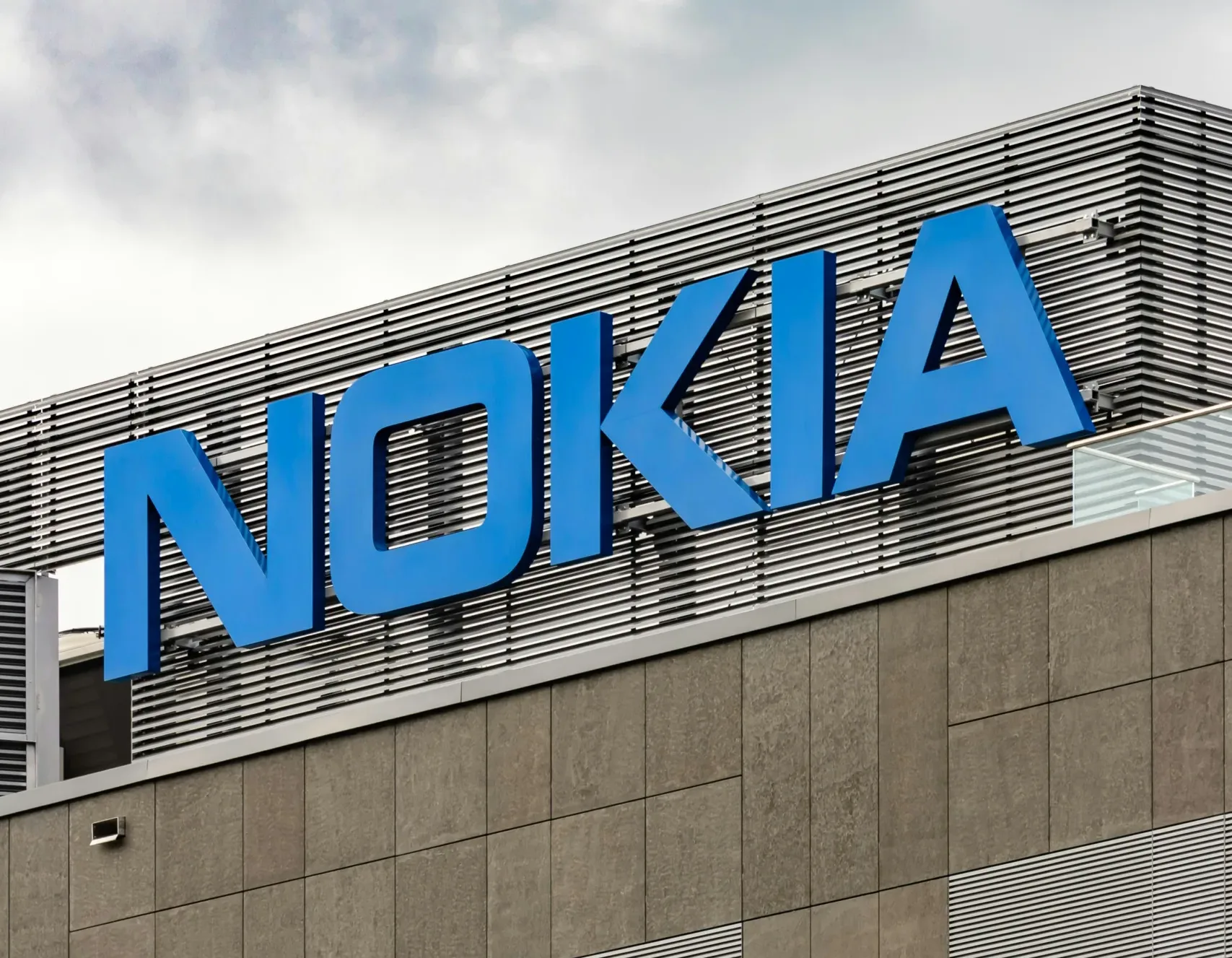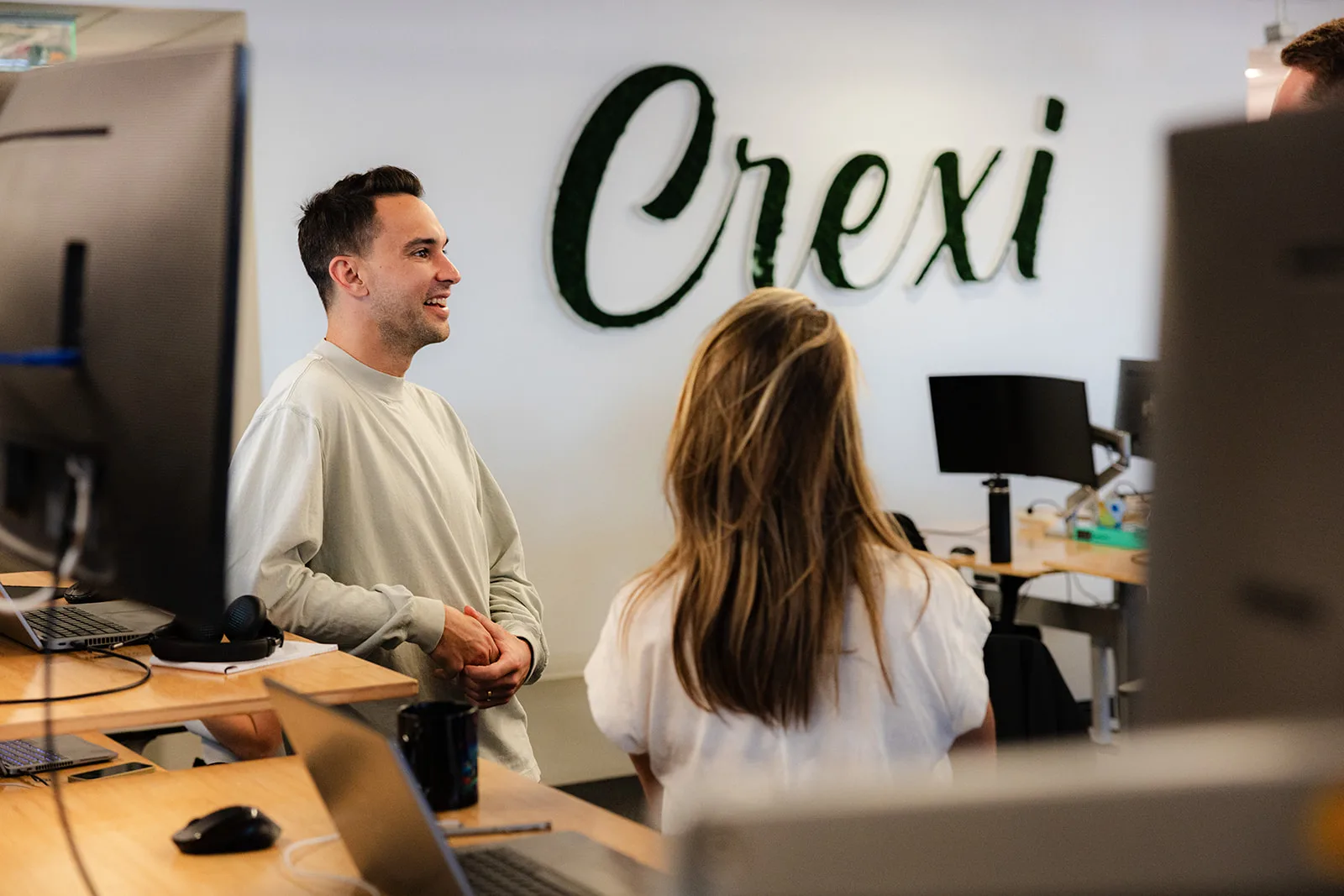- Nokia is investing $4B in US manufacturing and R&D, with $500M going to sites in Texas, New Jersey, and Pennsylvania, and the remaining $3.5B dedicated to AI and connectivity research.
- The telecom giant is restructuring its business lines, creating a defense division, and working closely with Nvidia and chipmaker Infinera to support its AI and cloud goals.
- Nokia’s move aligns with broader trends, as companies like Hyundai and Eli Lilly ramp up US investments, spurred by federal incentives—despite headwinds like tariffs and slowing industrial growth.
Strategic Spending
Nokia is investing $4B in the US to expand AI, connectivity, and strengthen its position in next-gen tech, reports Bisnow. The Finland-based company plans to spend $500M on manufacturing and research operations in Texas, New Jersey, and Pennsylvania. An additional $3.5B will be directed toward R&D efforts focused on artificial intelligence and network technologies.
AI And Connectivity At The Core
Nokia is doubling down on emerging tech like AI-powered mobile connectivity and cloud computing. It’s also repositioning its business units to include a new defense-focused segment, indicating a deeper push into public sector and national security contracts.
Get Smarter about what matters in CRE
Stay ahead of trends in commercial real estate with CRE Daily – the free newsletter delivering everything you need to start your day in just 5-minutes
Partners And Acquisitions
To bolster its AI capabilities, Nokia is collaborating with Nvidia—leveraging the chipmaker’s technology and benefitting from its recent $1B investment. Nokia also expanded its footprint in the US semiconductor space by acquiring Infinera for $2.3B earlier this year. The deal included $456M earmarked for manufacturing and testing facilities in San Jose, CA, and Bethlehem, PA.
Incentives Driving Onshoring
Nokia’s push is part of a broader wave of industrial reshoring. Federal incentives from the One Big Beautiful Bill Act—like 100% bonus depreciation and immediate R&D expensing—are drawing big names stateside. Earlier this year, Hyundai and Eli Lilly made similar multibillion-dollar commitments to US manufacturing.
Market Challenges Remain
Despite increased investment, the US industrial sector faces persistent challenges. Tariffs on construction materials have slowed factory builds, and key blue-collar job growth has stalled. As of September, employment in manufacturing, warehousing, and related sectors dropped year-over-year for the first time since the pandemic began. The one exception: construction, buoyed by demand for AI data centers.
Outlook
Nokia’s expansion underscores the growing synergy between AI, connectivity, and American manufacturing. With federal incentives in play and global competition heating up, expect more multinational tech firms to follow suit—even as structural hurdles remain.


















